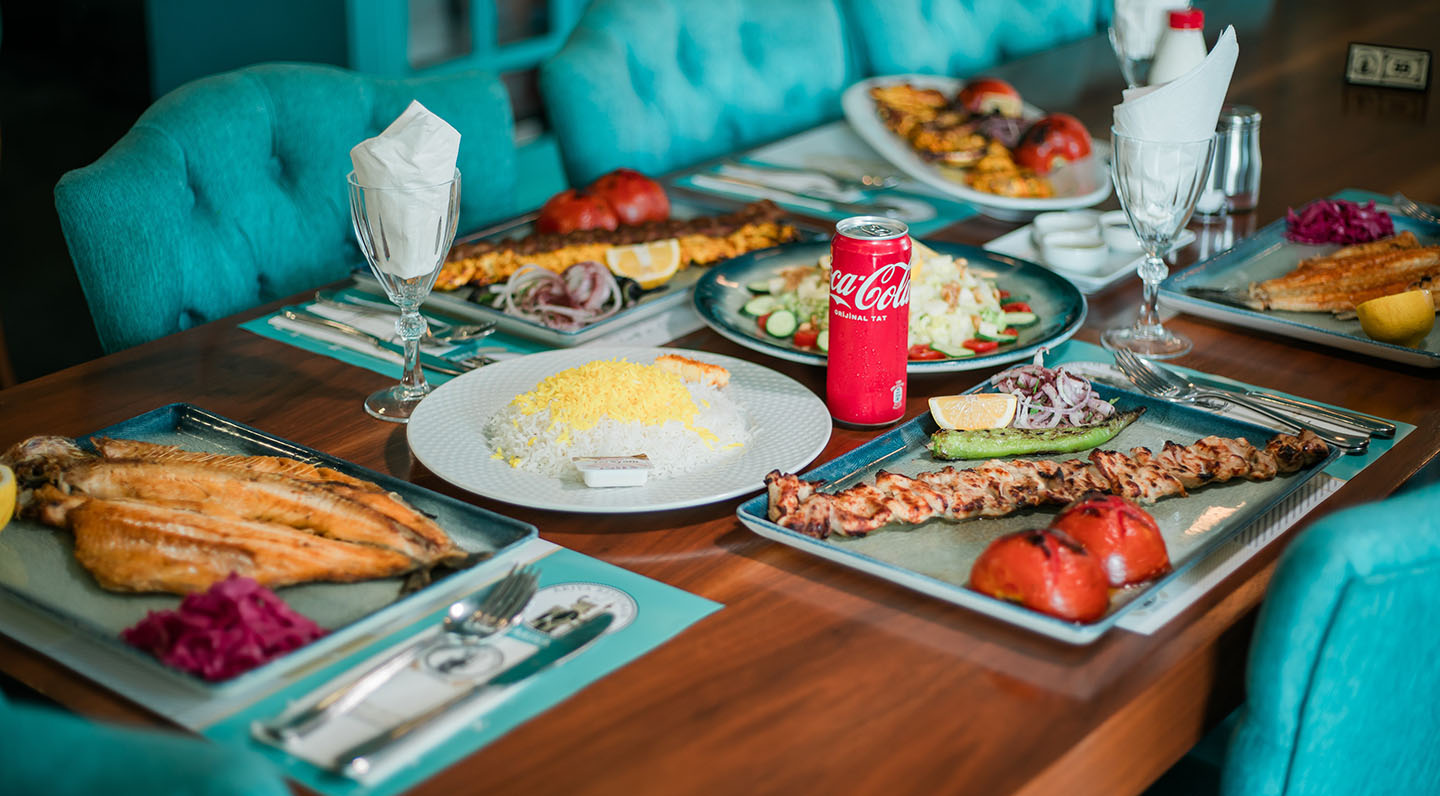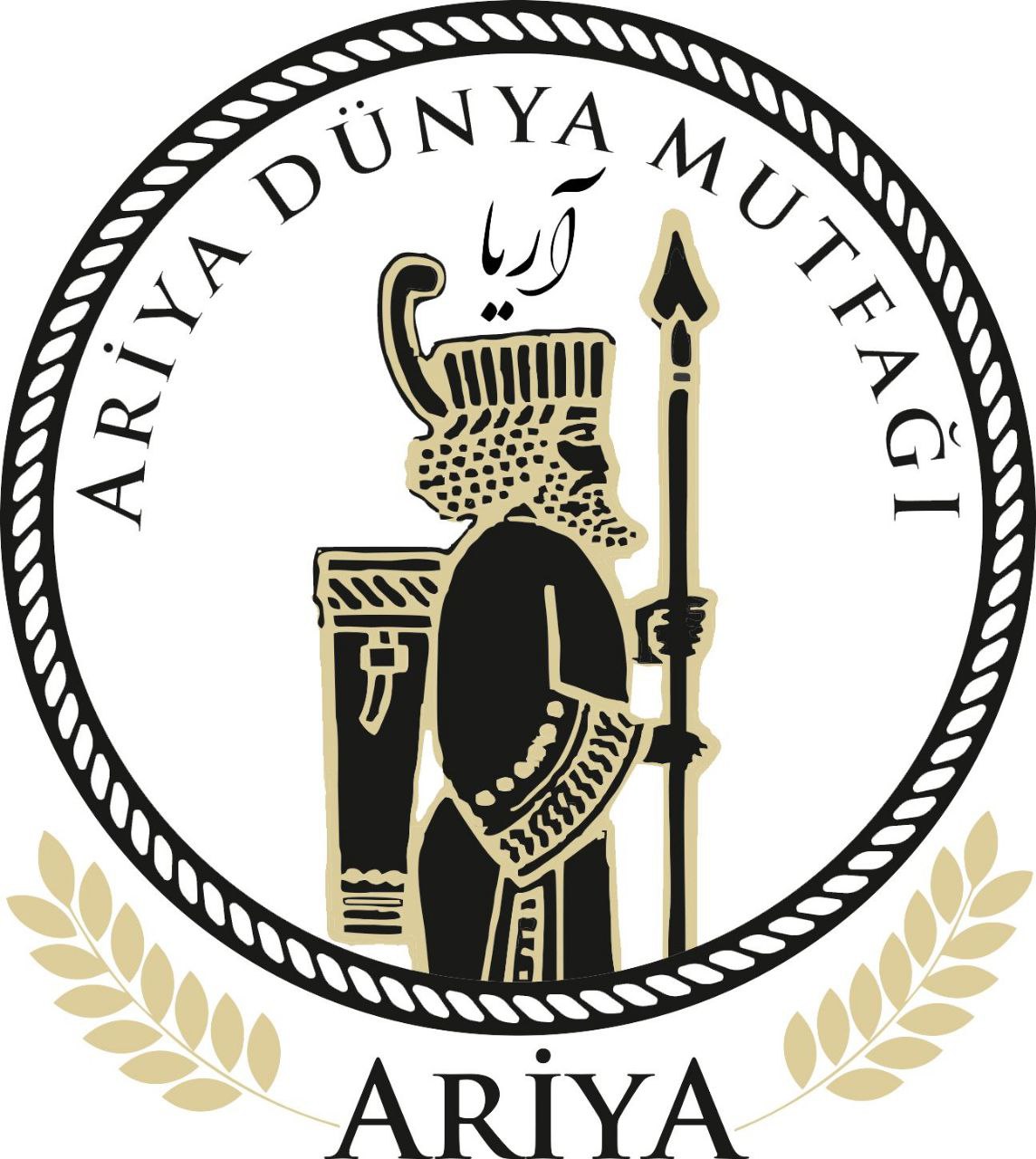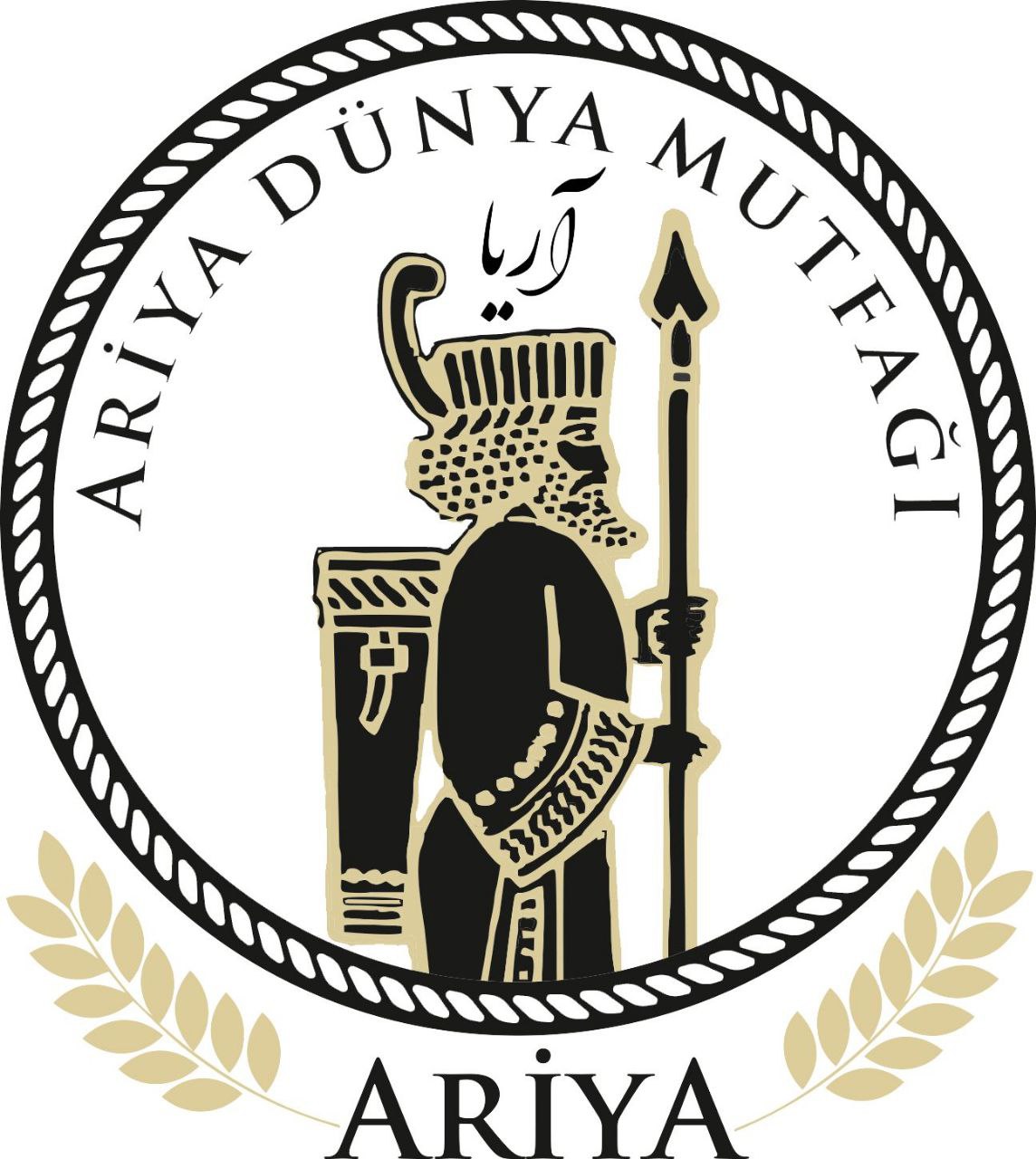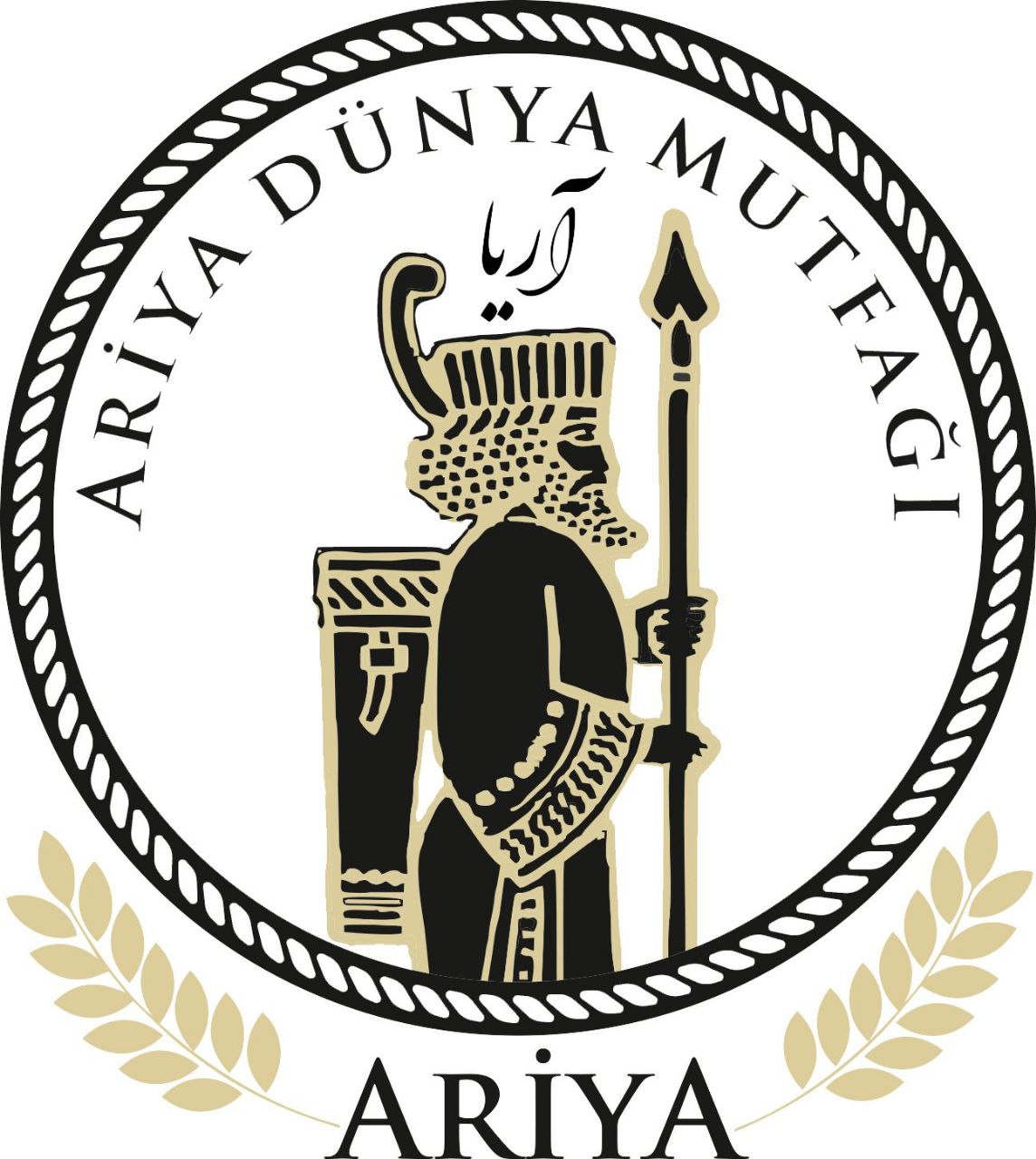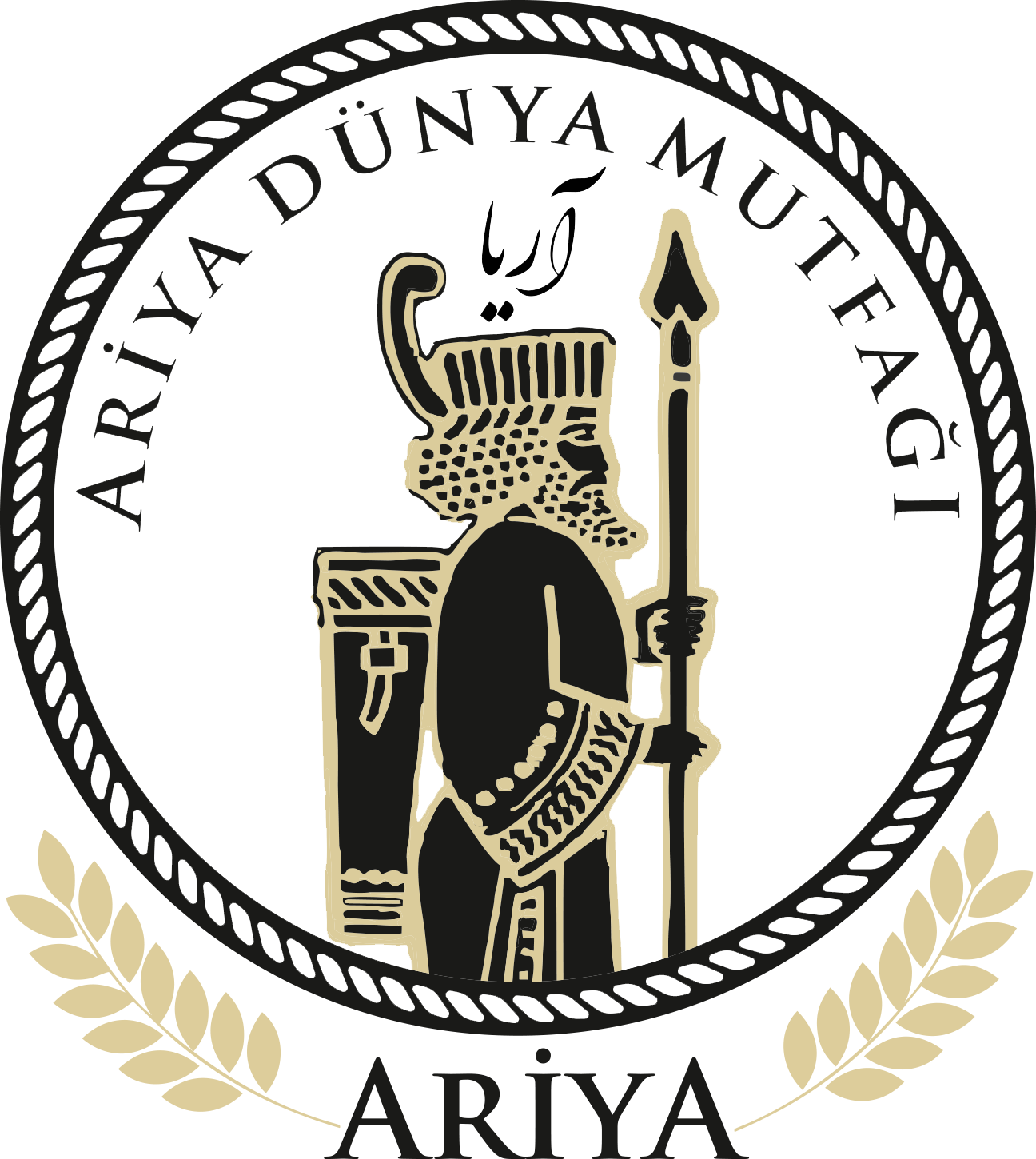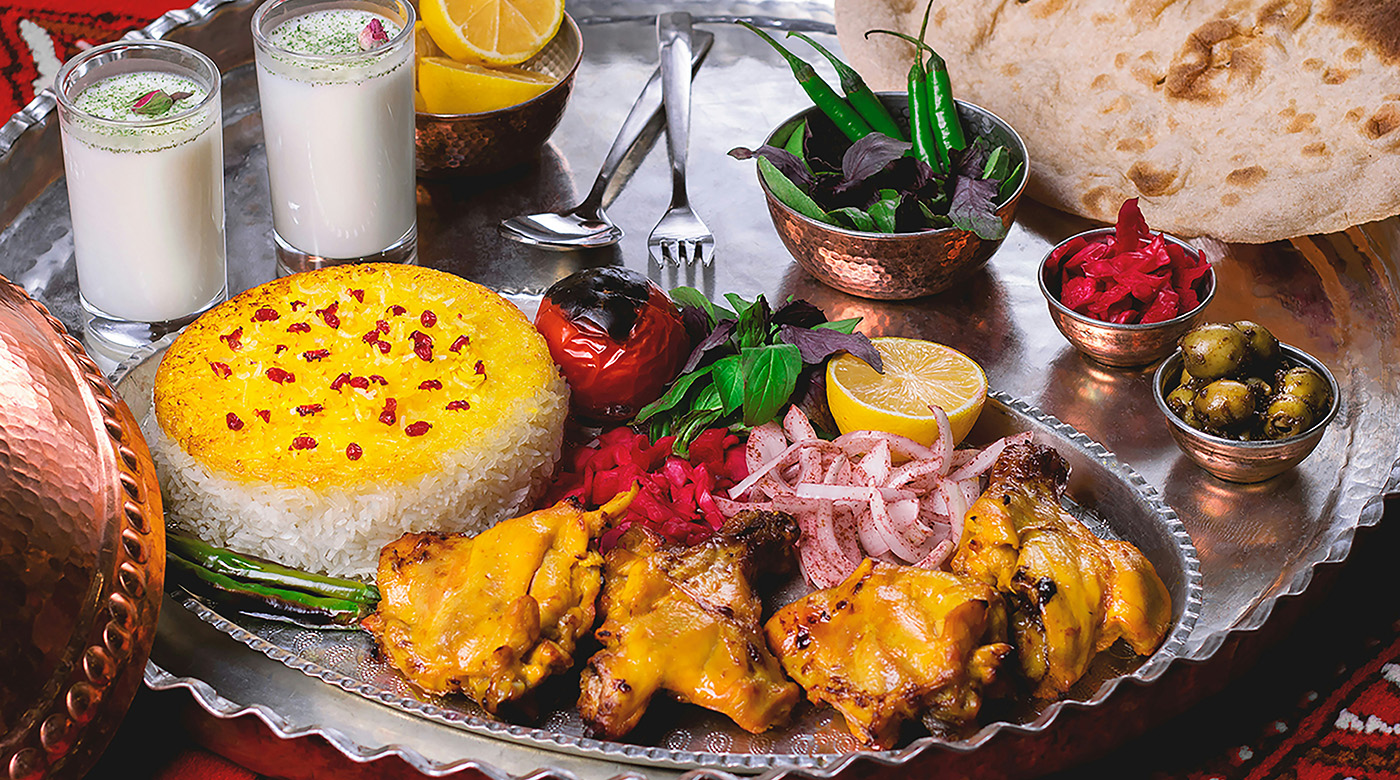Persian cuisine, with its rich history and vibrant flavors, is more than just food—it's a way of life. For centuries, the culinary traditions of Iran have celebrated balance, nourishment, and community. So, what makes Persian food so unique and healthy? Let’s dive into its flavorful legacy.
The Roots of Persian Culinary Traditions
Ancient Origins of Persian Food
Persian cuisine traces its roots back to ancient Persia, where it was influenced by trade routes connecting Asia, the Middle East, and Europe. This cultural exchange introduced a variety of spices, grains, and cooking methods.
The Role of Geography in Shaping the Cuisine
Iran’s diverse landscapes—from lush plains to arid deserts—offer a bounty of ingredients like pomegranates, pistachios, and saffron, all contributing to the uniqueness of Persian dishes.
Core Ingredients in Persian Cuisine
Herbs and Spices
Herbs like parsley, dill, and cilantro are central to Persian cooking, alongside spices like saffron, turmeric, and dried limes, which add depth and health benefits.
Nutrient-Rich Staples
Staples like basmati rice, lentils, and walnuts provide essential nutrients while forming the backbone of many Persian recipes.
Seasonal and Local Ingredients
Persian cuisine emphasizes using fresh, seasonal ingredients, ensuring every dish is both sustainable and delicious.
Persian Cooking Techniques for Healthier Eating
Stewing and Braising
Slow-cooking techniques preserve nutrients and intensify flavors, making dishes like ghormeh sabzi (herb stew) both healthy and satisfying.
Grilling Methods
Kebabs are grilled to perfection, reducing fat while enhancing natural flavors.
Persian Meals and Their Nutritional Balance
The Art of the Persian Table
Persian meals are designed to include all food groups, creating a nutritionally balanced dining experience.
Benefits of Fermented Foods
Pickles and yogurt are staples that aid digestion and promote gut health.
Light Desserts with Healthful Ingredients
Desserts like sholeh zard (saffron rice pudding) showcase the use of natural sweeteners and spices.
Persian Food and Longevity
Balanced Diet Principles
The Persian diet emphasizes moderation and diversity, two key factors for a long and healthy life.
Anti-Inflammatory Ingredients
Turmeric, cinnamon, and other spices commonly used in Persian recipes have anti-inflammatory properties.
Popular Persian Dishes That Promote Health
Ash Reshteh (Herb and Noodle Soup)
A hearty soup filled with herbs, beans, and noodles, Ash Reshteh is a powerhouse of nutrients.
Fesenjan (Pomegranate and Walnut Stew)
This stew combines the antioxidant properties of pomegranates with the healthy fats in walnuts.
Sabzi Polo (Herbed Rice)
This fragrant dish pairs fiber-rich rice with nutrient-dense herbs.
The Role of Hospitality in Persian Food Culture
Sharing Meals
Eating together is integral to Persian culture, fostering a sense of community and well-being.
Traditional Food Preparation as an Act of Love
The care and love poured into Persian cooking make it as nourishing for the soul as it is for the body.
Persian Food in Modern Healthy Lifestyles
Adaptable Recipes for Today’s Diets
Many Persian dishes are naturally vegan, vegetarian, or gluten-free, making them suitable for modern dietary preferences.
Meal Prep Ideas Inspired by Persian Dishes
Persian flavors can be easily integrated into weekly meal plans, offering both variety and nutrition.
Persian food isn’t just a feast for the senses; it’s a celebration of health, balance, and community. By exploring its rich traditions, you’re not just discovering new flavors but embracing a timeless approach to nourishment.
FAQs
What makes Persian food healthy?
Persian food uses fresh ingredients, minimal processing, and a balance of all food groups, making it both nutritious and delicious.
Can Persian cuisine accommodate dietary restrictions?
Yes! Many Persian dishes are naturally gluten-free, vegetarian, or vegan, making them adaptable to various diets.
How can I incorporate Persian flavors into my cooking?
Start with key ingredients like saffron, dried limes, and fresh herbs to add Persian flair to your meals.
What are the key ingredients in Persian cooking?
Staples include saffron, rice, nuts, legumes, and a variety of fresh herbs and spices.
Where can I try authentic Persian food?
Visit Ariya Restaurant in Istanbul for a genuine Persian dining experience!
